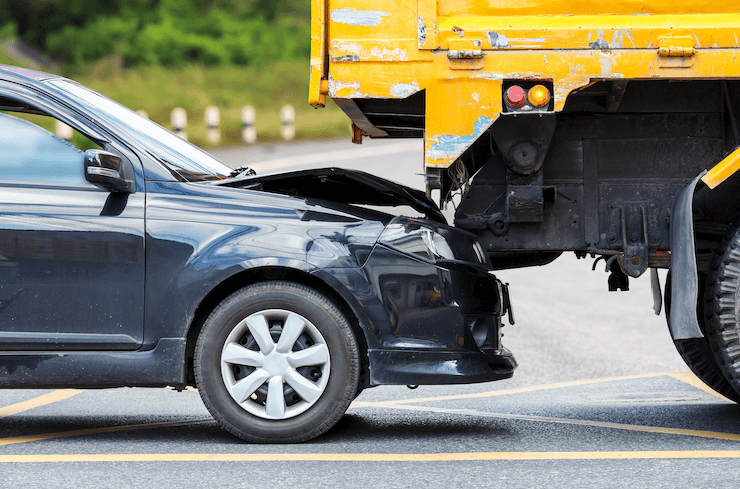Table of Contents
- Introduction
- Determining Fault in Car Accidents
- The Role of Insurance in Car Accidents
- Liability for Medical Expenses
- Types of Insurance Coverage
- Legal Recourse for Medical Expenses
- Conclusion
Key Takeaways
- Insurance coverage, including liability, PIP, and MedPay, often significantly covers medical expenses following a car accident.
- Determining fault is crucial for establishing liability for medical costs, which may involve investigations and legal proceedings.
- Various types of insurance coverage, including liability, PIP, MedPay, and uninsured/underinsured motorist coverage, may come into play when covering medical expenses.
- In cases of insufficient insurance coverage or contested liability, accident victims may seek legal recourse through personal injury lawsuits to recover medical costs and other damages.
Introduction:
Car accidents can cause severe injuries and high medical costs. Understanding who bears the financial responsibility for these medical costs is crucial for accident victims. This article aims to clarify the complexities surrounding the Payment of medical expenses following a car accident, providing insights into insurance coverage, liability determination, and legal recourse.
Determining Fault in Car Accidents:
Determining who is at fault in a car accident and to find out who pays the bills is crucial in establishing liability for medical expenses. This is typically done through investigations that include police reports, eyewitness testimony, and evidence such as traffic camera footage. In cases where both parties share fault, states may follow comparative or contributory negligence laws, which can impact the distribution of liability for medical costs.
The Role of Insurance in Car Accidents:
Insurance is essential for covering medical expenditures resulting from car accidents. Most states require drivers to have liability insurance to pay for any damages or injuries caused to others in an accident. Regardless of fault, drivers may opt for personal injury protection (PIP) or medical payments (MedPay) coverage to handle their medical expenses.
Liability for Medical Expenses:
The at-fault party in a car accident generally covers the injured party’s medical expenses. This liability extends to bodily injuries sustained by drivers, passengers, pedestrians, or cyclists affected by the accident. Depending on the circumstances of the event, guilt may be contested or shared by several parties.
Types of Insurance Coverage:
You may face various medical expenses if you are involved in a car accident. Fortunately, different types of insurance coverage are available to help you with this. Liability Insurance, for example, is a type of insurance that covers medical expenses and damages for the driver’s negligence victims. If you caused the collision, liability insurance can help protect the other party’s medical costs.
However, regardless of fault, Personal Injury Protection (PIP) pays for medical bills, lost income, and additional associated costs. It means that even if the accident was your fault, PIP can help you cover your medical expenses. Medic l Payment, comparable to PIP, pays for the policyholder’s and the passengers’ medical costs regardless of fault.
If you or your passengers are injured in an accident, MedPay can help you cover your medical expenses. Lastly, Uninsured/Underinsured Motorist Coverage protects against medical expenses if the at-fault party lacks adequate insurance coverage. This coverage helps with medical costs if you are hurt in an accident with a motorist who is underinsured or uninsured.
Legal Recourse for Medical Expenses:
If insurance coverage is insufficient or contested, accident victims may seek legal recourse to recover medical expenses. It can mean filing a personal injury lawsuit against the negligent party to recover costs for lost wages, medical bills, and other losses. Legal proceedings may result in a settlement or a trial verdict, depending on the facts of the case.
Conclusion:
Navigating the aftermath of a car accident and understanding who pays for medical expenses can be complex and daunting. Insurance coverage, liability determination, and legal recourse play critical roles in ensuring accident victims receive the compensation they deserve for their injuries. By being aware of these concerns, people can better defend their rights and interests in the event of an auto accident.

